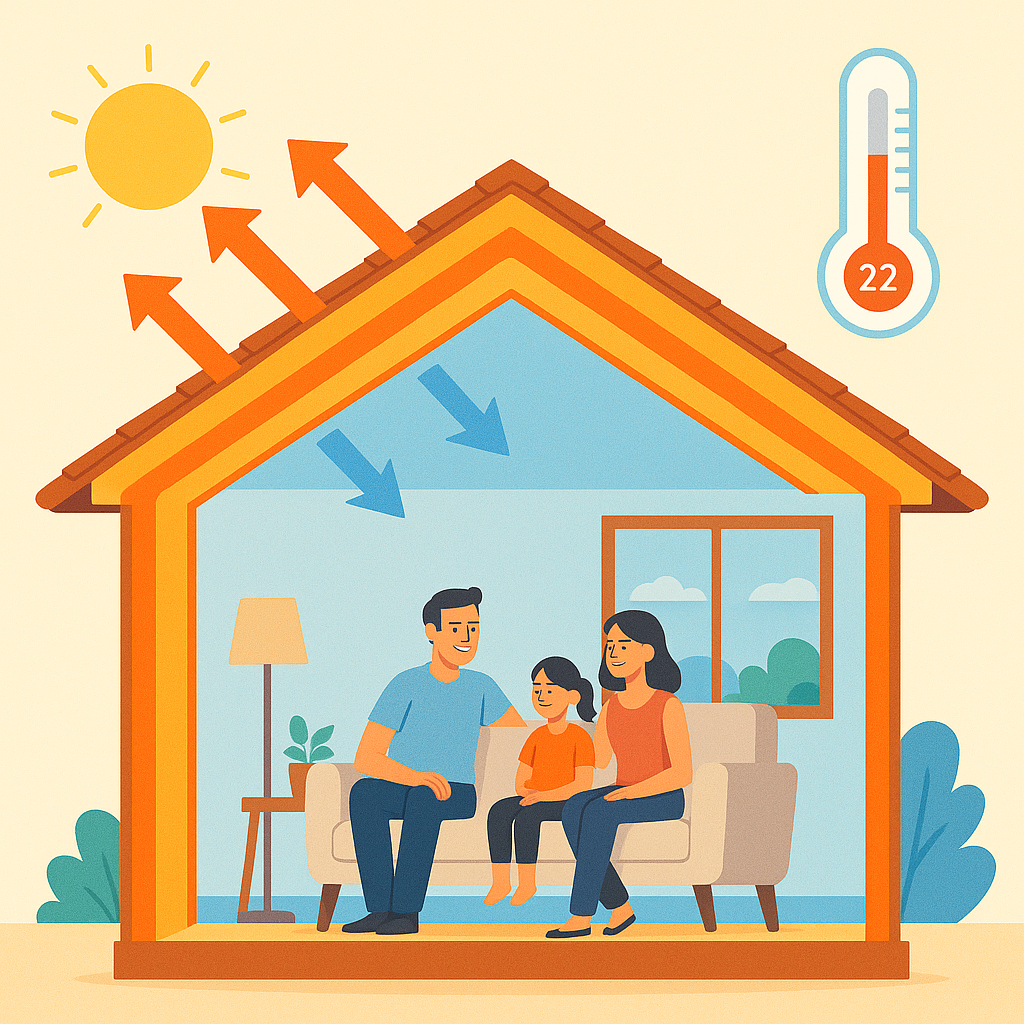Condensation occurs when warm air is met with cold surfaces, or when there’s too much humidity in your home. Condensation is especially common during the winter months when your central heating system comes on during the colder hours of the day. And although condensation itself isn’t a problem, if it’s left untreated it can cause damp patches to form which can lead to mould growth. Not only is mould damaging to the structural integrity of your property, but it can also be bad for your health.

If you are finding lots of condensation around your home this winter and are worried about the risk of damp developing, we’ve put together the following tips on how to reduce condensation from forming.
1. Use Pan Lids While Cooking
Covering your pans when cooking reduces the amount of moisture created from boiling water. On top of this, always use your extractor fan if you have one installed as they are also designed to help prevent moisture from forming. You should leave your extractor fan on for 10-15 minutes after you finish cooking to help clear the humid air.
2. Close Kitchen and Bathroom Doors
Kitchens and bathrooms are the biggest culprits for creating condensation. When cooking, boiling the kettle or taking a bath or shower, ensure that your kitchen or bathroom door is shut to prevent moisture from travelling into colder rooms.
3. Don’t Dry Clothes Indoors
Whenever it’s possible, try to dry your clothes outside to prevent excess moisture from building up inside your home. If you are unable to dry your clothes outdoors then keep them in a bathroom with the door closed and windows open until your clothes are fully dry.
4. Open Windows When Possible
If you spend a substantial amount of time in a room, such as a living room, and the weather isn’t absolutely freezing outside, consider cracking open a window to ventilate the space. Breathing is one of the main causes of condensation, so ensuring that your rooms are properly ventilated is highly important.
5. Install Double Glazing, Loft and Wall Insulation
Double glazing, loft insulation and draft proofing will help to reduce the amount of heat escaping from your property. Installing insulation will also maintain the indoor temperature for longer, which is good for reducing the risk of condensation. It also means that your home will be more energy efficient, thus making your bills cheaper in the long run.
Need More Advice?
If you require more guidance on how to reduce the likelihood of condensation forming in your home, or how to improve your home’s energy efficiency, get in touch with the experts at UK Energy Management. We help eligible households apply for ECO4 funding and heating upgrades that will make your home much cheaper to heat, resulting in a more comfortable living environment and greatly improved quality of life. For more information, please get in touch.



